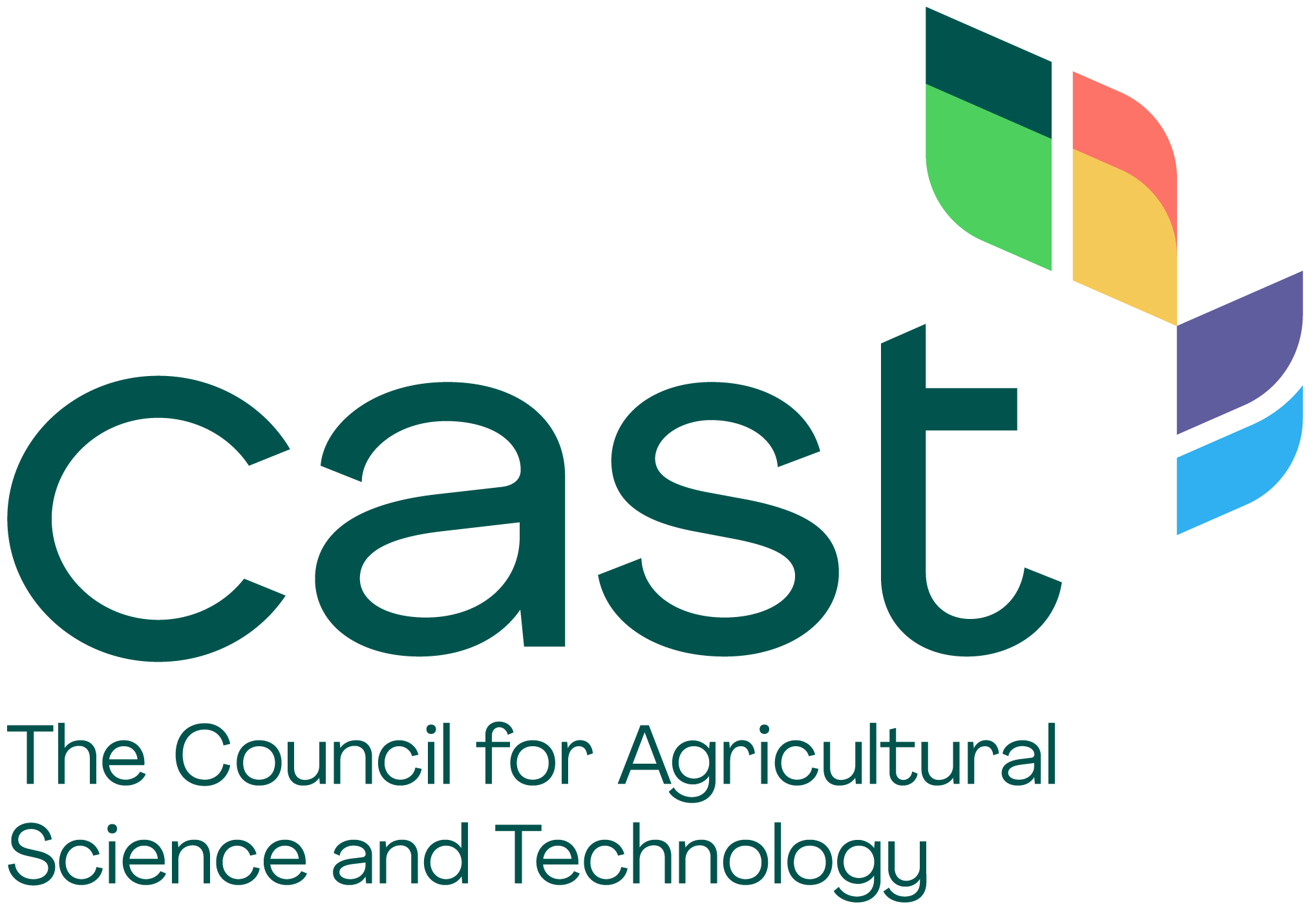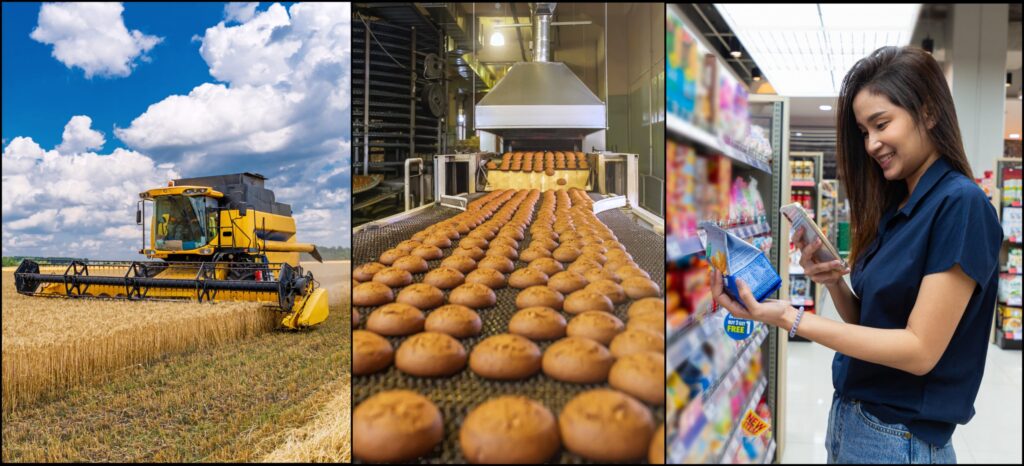Food traceability has been defined as “the ability to track and trace any food through all stages of production, processing and distribution” (including importation and at retail). Though food traceability supports numerous use cases (e.g., supply chain optimization, sustainability efforts, and product differentiation), food safety remains one of the most critical applications. Food traceability enables corrective actions (such as a product recall) to be implemented quickly and effectively when something goes wrong. When a potential food safety problem is identified, an effective traceability system can help isolate and prevent contaminated products from reaching consumers. Food traceability not only facilitates consumer awareness of potentially harmful products but can also be used to provide desirable information about provenance.
The technology and enabling architecture of food traceability is rapidly advancing in response to demand from consumers, food producers, distributors and retailers, and food safety regulators. There have been several technological and regulatory developments that make clear that credible, functional, and impactful food traceability is likely to become a reality in the United States.
Food traceability has become an important focus in both industry and government. The incidence of food borne transmission of pathogens resulting in acute and long-term adverse health impacts remains stubbornly above acceptable levels.
- The primary objective of the paper is to investigate and discuss the development and use of various technologies to enable the traceability of food products and thus enhance food safety, source transparency, and consumer confidence.
- The paper will deep dive into the technological infrastructure underlying food traceability platforms, and discuss the history of such platforms, current state of the technology, ongoing U.S. food traceability regulatory initiatives, and the likelihood of commercial scale deployment.
- This paper will also address current infrastructure limitations that may slow technology implementation, including the current state of rural broadband access.
This publication is a joint effort between CAST (Council for Agricultural Science and Technology) and IFT (Institute of Food Technologists).
Chair: Bob Gravani, Cornell University and Bryan Hitchcock, Institute of Food Technologists (IFT)
IP71, 2023, Available free online and in print (fee for shipping/handling).
Task Force Chair
Bob Gravani
Task Force Authors
Sara Bratager
Andrew Kennedy
Jennifer McEntire
Julie McGill
Allen Sayler
Frank Yiannas
Task Force Reviewers
Thomas Burke
Liz Sertl
Maria Velissariou
CAST and IFT Liaisons
Bryan Hitchcock
Keith Matthews

